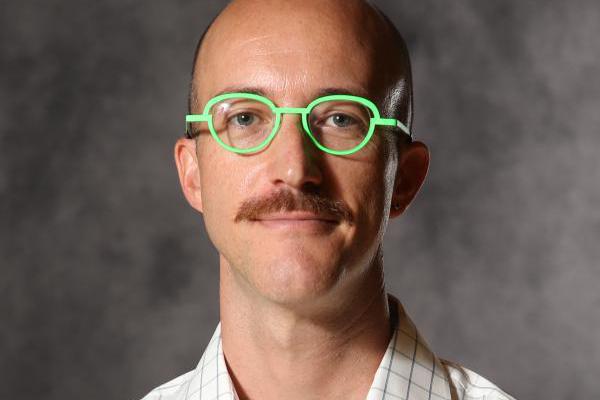
Karl Whittington, Department of History of Art, gives a lecture titled “Queer Making: Artists and Desire in Medieval Europe.”
What role does desire play in the making of art objects? Art historians typically answer this question with reference to historical evidence about an artist’s sexual identity, personality, and relationships, or with reference to particular kinds of imagery in works of art. But how do we think about desire in the case of anonymous artists or in works whose subject matter is mainstream? We know little about the lives and personalities of the makers of most works of art in Europe in the Middle Ages, but this should not hold us back from thinking about their embodied experience. In this talk, drawn from an almost-completed book of the same title, I argue that we can “queer” the works of anonymous historical makers by thinking not about their identities or about the subject matter of their artworks but rather about their embodied experiences working with materials. Through considering issues of touch, pressure and gesture across materials such as wood, stone, ivory, wax, cloth, and metal, I argue for an erotics of artisanal labor, in which the actions of hand, body, and breath interact in intimate ways with materials. Combining historical evidence with more speculative description, I aim to broaden our understanding of the motivations and experiences of premodern artists.
Inaugural lectures celebrate Arts and Humanities faculty who have been promoted to the rank of professor. All lectures are held in the Faculty Club Grand Lounge from 4-6 p.m. and are preceded by a reception and followed by Q&A and discussion. All lectures are free and open to the public.
The Arts and Humanities Inaugural Lecture Series is sponsored by the College of Arts and Sciences.
